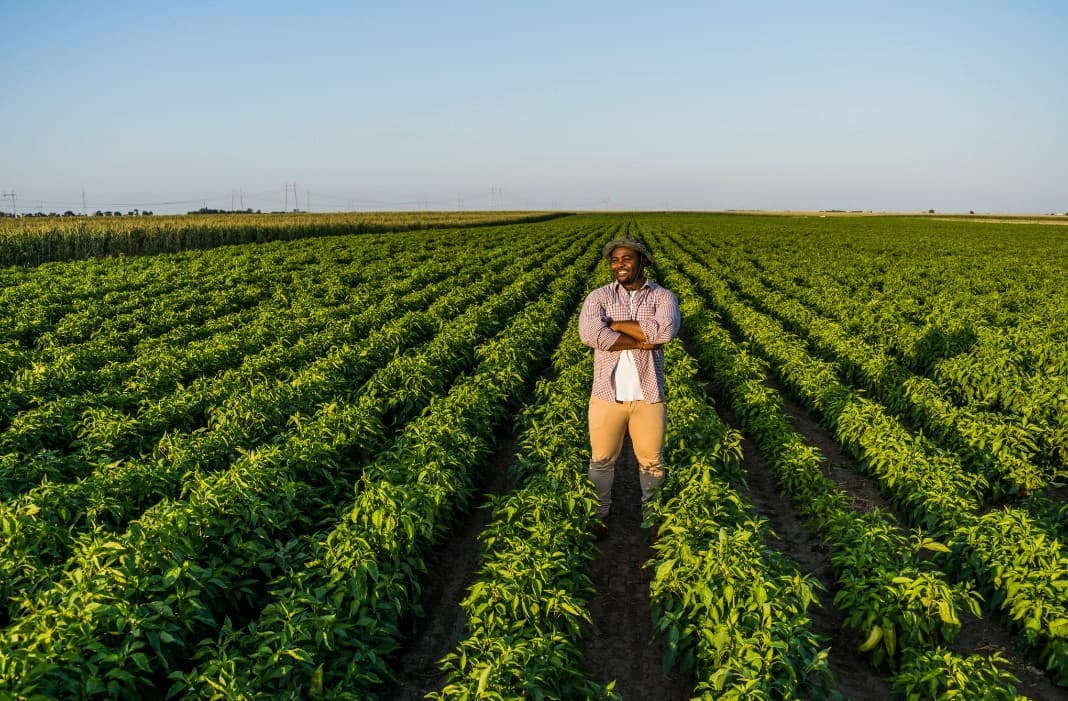In the expanse of global agriculture, smallholder farmers are often the unsung heroes, tilling the earth and feeding nations with limited resources and recognition. These farmers, particularly in Third World countries and across the African continent, form the backbone of rural economies. Yet, their potential remains largely untapped, a situation that carries profound implications not just for their local communities, but for the global economy as a whole.
The neglect of smallholder farmers is not just a local issue; it’s a global economic concern. These farmers, who operate on less than two hectares of land, produce over 70% of the world’s food. In Africa alone, smallholder farmers account for 80% of all farms. Despite their crucial role in global food security, they often find themselves trapped in cycles of poverty, lacking access to modern farming techniques, financial services, and lucrative markets.
History provides us with compelling evidence of the transformative power of empowering smallholder farmers. The Green Revolution of the 1960s and 1970s serves as a testament to this fact. By introducing high-yielding crop varieties and modern farming techniques to smallholder farmers in countries like India and Mexico, agricultural productivity skyrocketed. India, once on the brink of famine, became self-sufficient in food production. This agricultural boom not only ensured food security but also fueled economic growth, reducing poverty and stimulating industrial development.
Another inspiring example comes from Vietnam. In the 1980s, Vietnam transitioned from a centrally planned economy to a market-based one, a period known as “Doi Moi” (Renovation). This shift included land reforms that gave smallholder farmers more control over their land and production. The result was dramatic: Vietnam transformed from a rice importer to the world’s second-largest rice exporter. This agricultural success was a key driver in Vietnam’s rapid economic growth, lifting millions out of poverty.
In Africa, we’re beginning to see the potential of empowering smallholder farmers. In Rwanda, for instance, the government’s Crop Intensification Program, launched in 2007, has led to significant increases in productivity for staple crops. By providing smallholder farmers with improved seeds, fertilizers, and training, Rwanda has not only improved its food security but has also seen substantial economic growth.
The global economic implications of neglecting smallholder farmers are severe. When these farmers struggle, rural economies stagnate, leading to increased urban migration, which puts pressure on cities and can lead to social unrest. Moreover, as climate change threatens global food security, the role of smallholder farmers becomes even more critical. Their intimate knowledge of local ecosystems and their ability to adapt to changing conditions make them crucial allies in the fight against climate change and food insecurity.
Empowering smallholder farmers can trigger a positive domino effect on the global economy. When farmers have access to resources, technology, and markets, they can increase their productivity and income. This increased income is often reinvested in education, health, and local businesses, stimulating rural economies. As rural areas thrive, pressure on urban centers decreases, leading to more balanced national development.
Furthermore, empowered smallholder farmers can play a significant role in global value chains. By producing high-quality crops and connecting with international markets, they can contribute to global trade, bringing foreign exchange to their countries and helping to balance trade deficits. This integration into the global economy can lead to knowledge transfer, technological advancement, and further economic growth.

